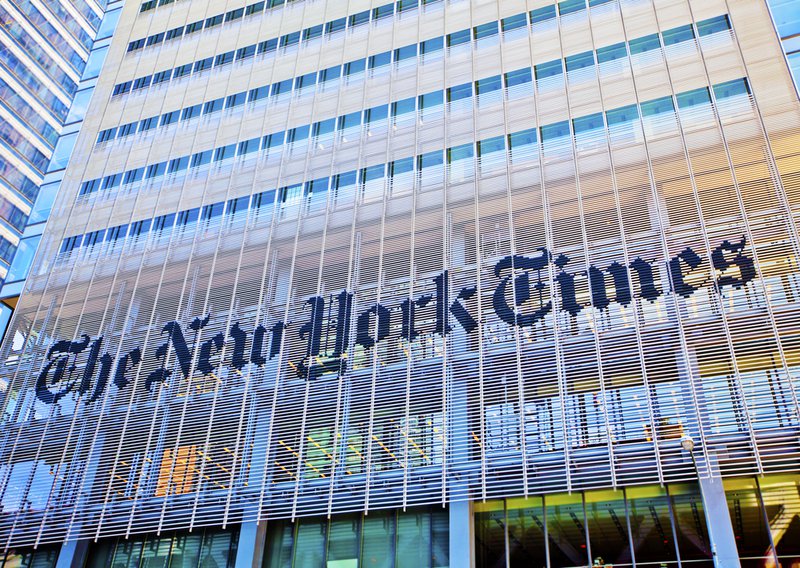
Stuart Monk / Shutterstock.com
Sept. 8, 2009
Nicholas Thompson's book The Hawk and the Dove was reviewed in the New York Times.
The end of the cold war brought relief, even joy, for most Americans. With the crumbling of the Eastern bloc in 1989, more than four decades of anxiety seemed to be over. One of the few discordant voices came, surprisingly, from George Kennan, the former United States diplomat who had devised the “containment” policy widely considered responsible for the Western triumph. “I believe it would have happened earlier,” Kennan lamented less than a month after Germans began chipping holes in the Berlin Wall, “if we had not insisted on militarizing the rivalry.”
Kennan did not specify who was responsible for making the cold war longer and more dangerous than it needed to be. But Paul Nitze, a onetime State Department colleague who had helped shape foreign policy under every president from Roosevelt to the first Bush, surely ranked high on his list of culprits.
It was Nitze, after all, who had argued most strongly for a huge buildup of American military power. And it was Nitze who had frequently led the charge to assure that Washington kept adding to its arsenal. Looking back in 1995, his appraisal of American management of the cold war could hardly have been more different from Kennan’s. “I’ve come to the conclusion we did it pretty goddam well,” he boasted.
Who was right? Did the United States put too much stock in military preparedness, unnecessarily antagonizing the Soviets while guaranteeing that the East-West rivalry would play out in the sole arena where Moscow could compete? Or did Americans act sensibly in response to a clear and present danger of Soviet aggression? Nicholas Thompson insists in The Hawk and the Dove, his thoroughly engrossing, if not altogether satisfying, dual biography of Nitze and Kennan, that both men had valid points.